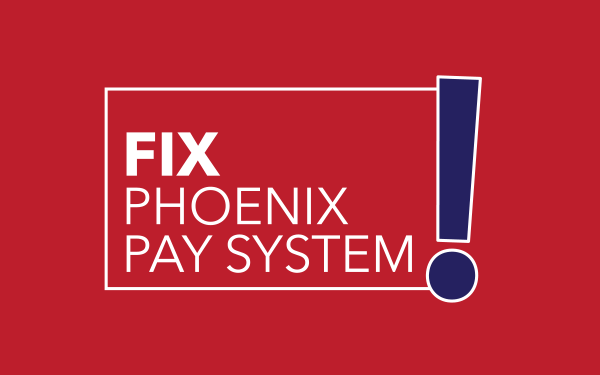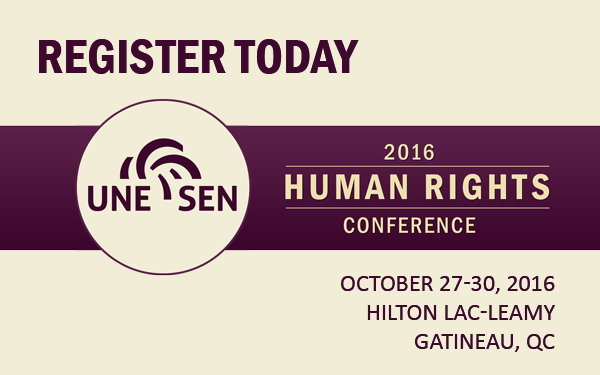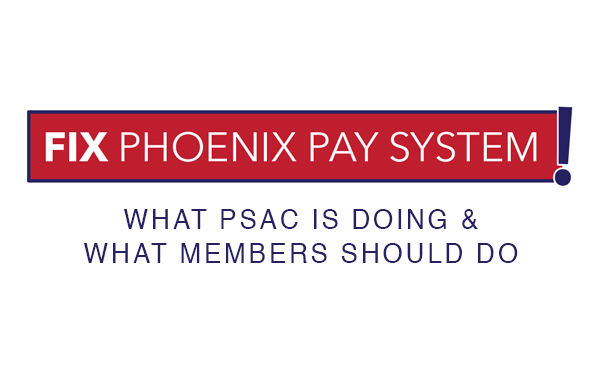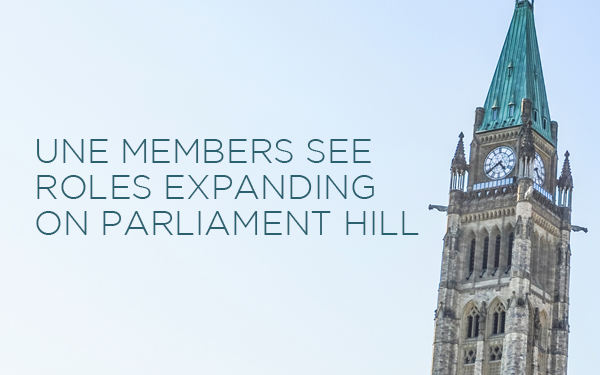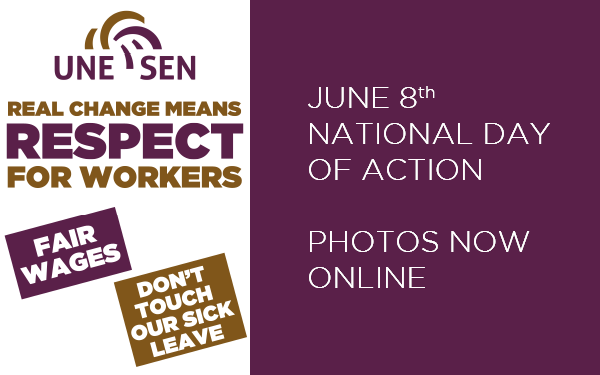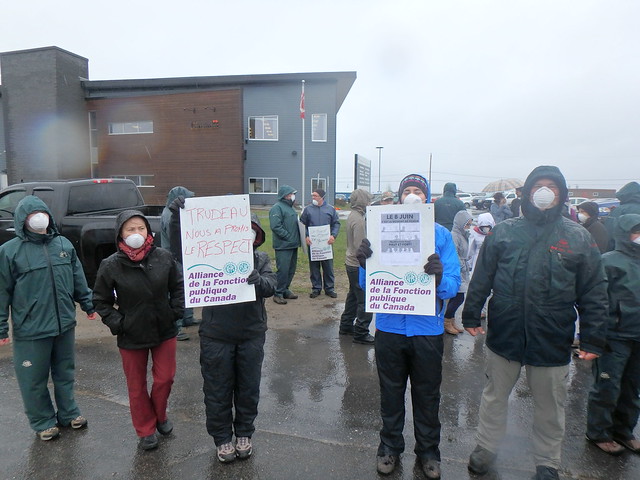
Our Parks negotiating team met with the employer’s team on June 28 and 29, 2016.
We opened our discussions by expressing our dismay and anger toward the agency regarding the ongoing pay issues. We concluded our discussion by advising the agency that pay day should be not be a stressful event. Meanwhile, PSAC, along with other federal government unions representing thousands of federal government employees filed a Notice of Application with the Federal Court directing the Respondent to implement a pay administration system that meets its obligations under the FAA and the Directive on Terms and Conditions of Employment.
The agency tabled a revised short term disability proposal to replace our current sick leave provisions. Similar to the proposals tabled with other groups recently, the agency’s proposal would remove sick leave provisions from the current collective agreement and short term disability would be administered as an agency policy. Our negotiating team remains committed to resisting this concession and rejected the agency’s proposal.
Negotiations are set to resume on October 24-27 and November 14-17, 2016.
Our negotiating team thanks you for your ongoing patience and support.



